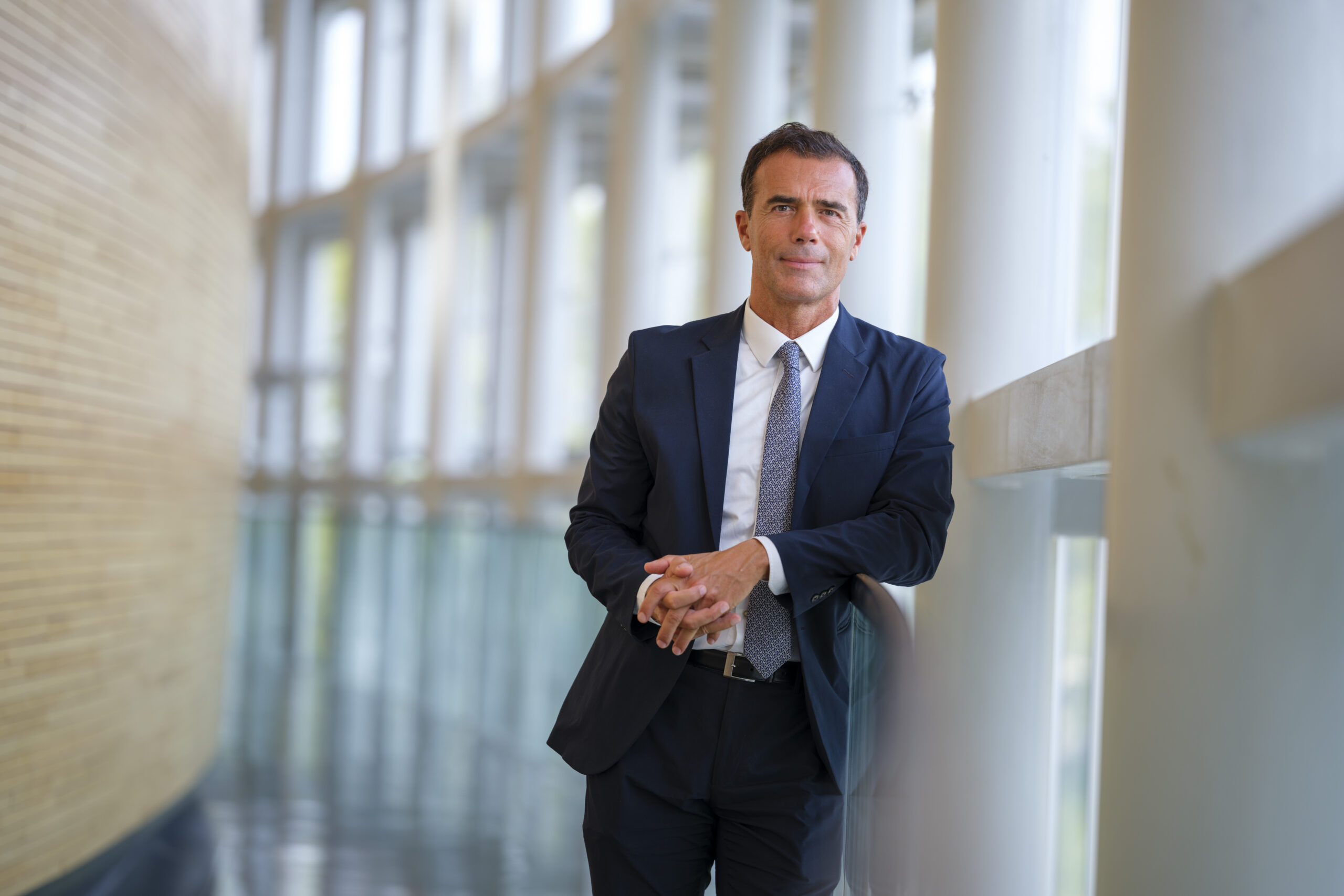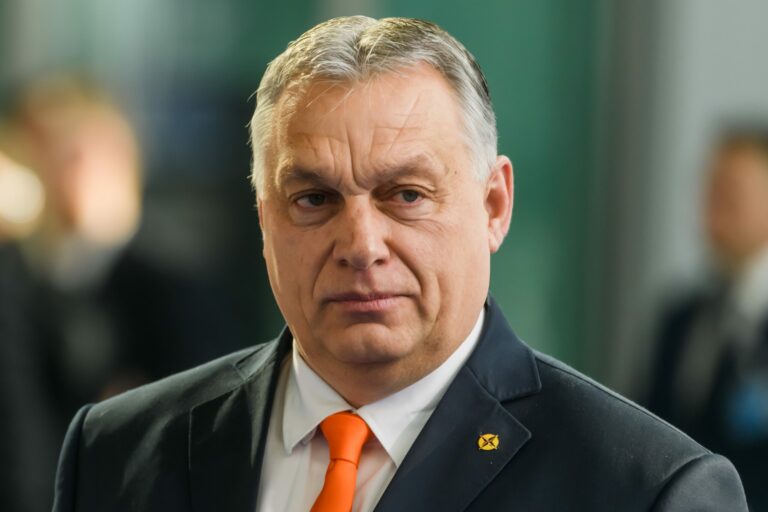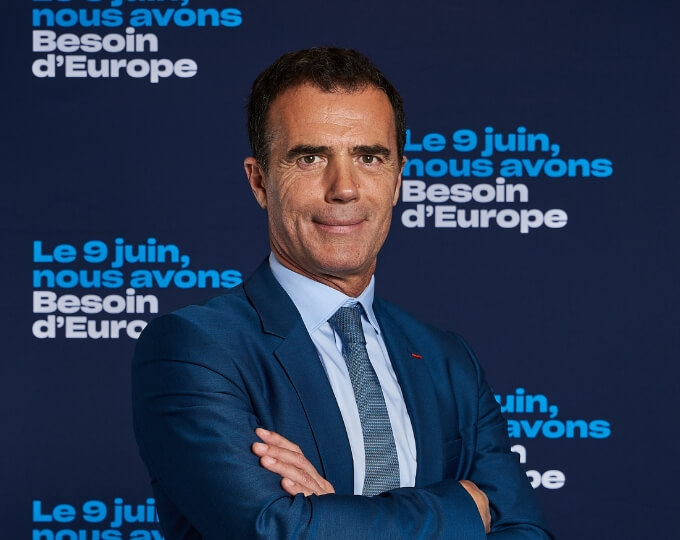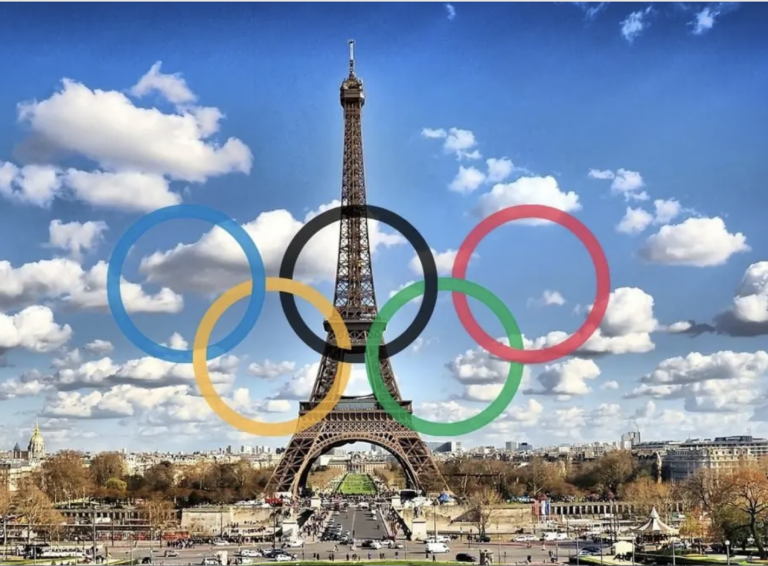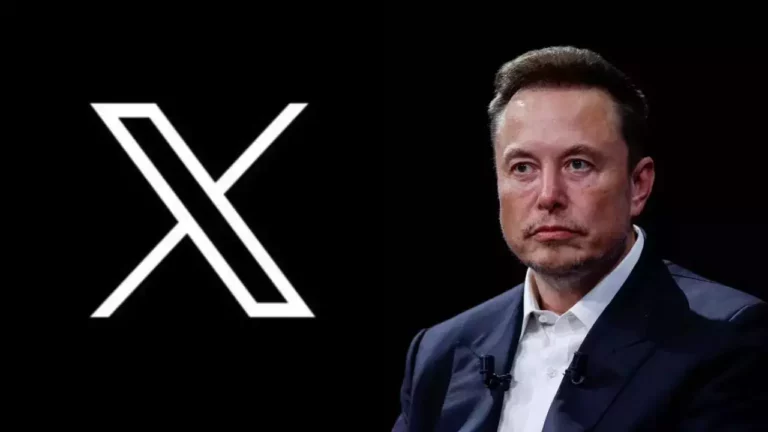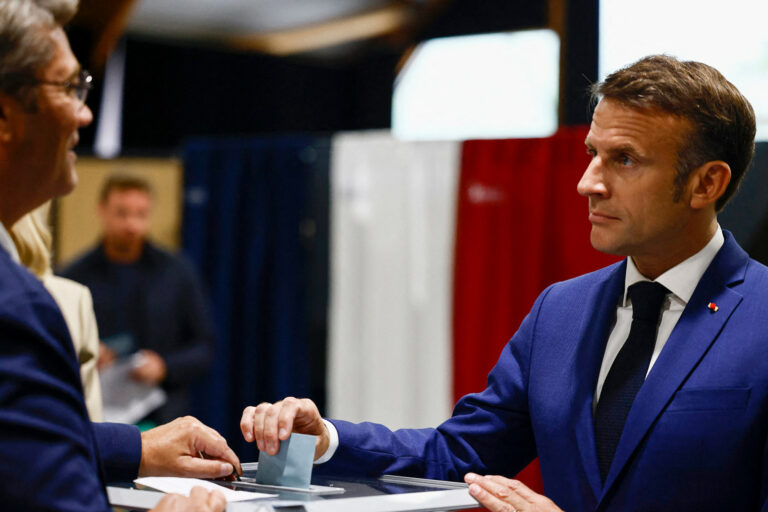Gozi: ‘Vetoes and personalism prevent the moderate pole. Fitto? Von der Leyen explain the opening to those who voted against her”
Published by Il Riformista on 17/10/2024
For Sandro Gozi the challenge is the relaunch of relations between the EU and the UK. The Renew Europe MEP and secretary general of the European Democratic Party – elected president of the Delegation to the Parliamentary Assembly for the Partnership between the EU and the UK – believes that there is room ‘to establish new forms of cooperation’ and that we must learn the lesson from Labour’s success: ‘Elections are won in the centre’.
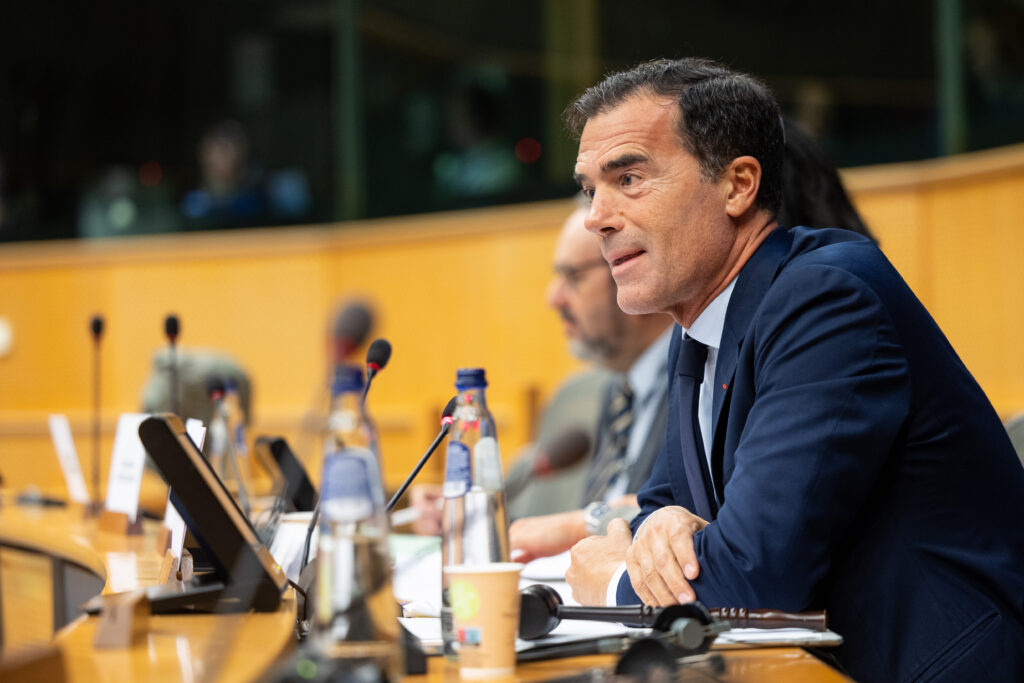
In Brussels the tenth parliamentary term has just begun, in London there is a new government. How are relations between the EU and the UK changing?
‘We must seize the opportunity to revive EU-UK relations, through the idea of a more constructive partnership. My mission is to foster a more pragmatic dialogue aimed at mutual trust, implementing the Trade and Cooperation Agreement and working together on new priorities such as security, AI or study opportunities for our young people.’
Starmer talks about a ‘reset’ after Brexit. Is this really possible?
‘With a new British government aiming at pragmatic reforms, there is room to establish new forms of cooperation. It is not a question of resetting Brexit. We have to be realistic and focus on what unites us, especially in strategic areas like defence and the climate challenge. But it is up to them to explain what exactly they mean by ‘reset’’.
Euroscepticism is rampant and ignoring the causes that drove voters to support the referendum would be an unforgivable mistake. What is the solution to prevent the wind from blowing over other countries?
‘Euroscepticism is the result of inequalities and insecurities about the future. There is a strong demand to take back control that is being directed at politics. The British have chosen the national path, which does not seem to have yielded great results. Immigration, for example, has increased since London’s exit from the EU. We must do more together as Europeans, I am thinking for example of the challenges of innovation, inclusion and immigration. We must also equip Europe with that power and capacity to act, overcoming national vetoes’.
Labour won by putting reformism and pragmatism at the centre, moving away from the radical and maximalist left wing. A lesson for the Italian centrists?
‘Absolutely so. Labour’s victory shows that pragmatism and reformism pay off and has confirmed that elections are won in the centre. The same thing is being done by Kamala Harris whom we strongly support. In Italy, the centrists missed a great opportunity in the European elections because of absurd vetoes. Every time we in Renew speak in Parliament or see the EPP making deals with the extreme right, we dedicate a thought to the disaster caused by Azione. Those four, five or six Italian MEPs would have made a difference to us’.
Indeed, vetoes and personalism dominate in Italy. A single moderate and liberal-democratic pole just can’t be built….
‘Unfortunately it is true. Italian politics is often a prisoner of crossed vetoes and personalisms that prevent the construction of a common project. I firmly believe in the need for a moderate, reformist, liberal and democratic pole that exists autonomously and chooses whether and with whom to make alliances. Renew’s success at European level shows that there is room for a politics of innovation and also common sense, which has too often been lacking in Rome’.
What does Macron’s crisis in France tell us?
‘Macron’s situation reflects the difficulties that all reformers face in Europe. Populist and extremist forces are growing by riding on fears and discontent. Macron has shown great courage and determination in tackling difficult issues that others have avoided for decades, starting with pension reform and the launch of innovation symbolised by the success of French Tech and foreign investment in France. We must recognise the value of responsible leadership that seeks to build a better future, even at the cost of unpopular decisions in the short term’.
Returning to Brussels, does the appointment of Fitto as executive vice-president of the EU Commission convince you?
‘So much confusion on this issue! I really respect Fitto, the best choice Meloni could have made. He will not be assessed with respect to his nationality, but for his independence, impartiality, skills and ability to promote the general interest. And with respect to her commitment to pushing von der Leyen’s new agenda, such as strengthening the new principle that all EU funds are conditional on respect for the rule of law, a position that has always been opposed by ECR and FdI. Von der Leyen, on the other hand, has not yet clarified why she intends to give one of the vice-presidencies to ECR, which is not in the majority and voted against her’.



